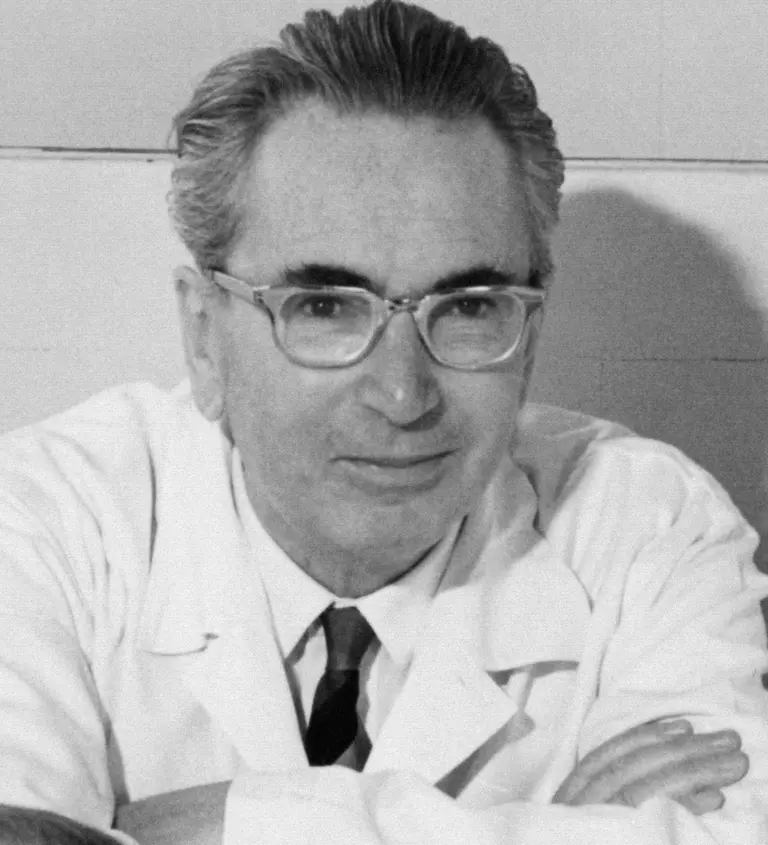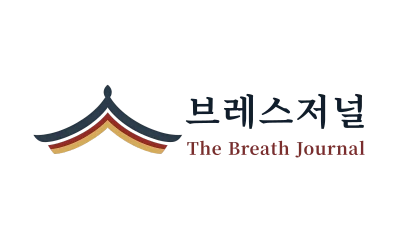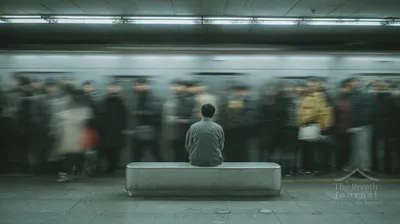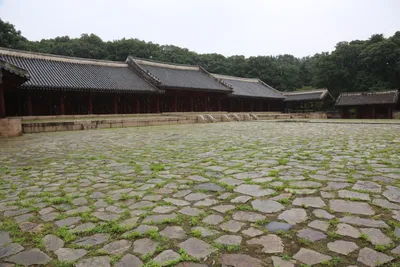
Introduction to the Person
Viktor Frankl (1905~1997).
A psychiatrist who found the meaning of life in the despair of Auschwitz. His story goes beyond mere survival, awakening the value of human dignity.
The concentration camp was a space that annihilated humanity. Instead of names, people were called by numbers, and they had to struggle desperately for survival. However, Frankl discovered 'freedom of attitude' within that environment. He realized the dignity of humans to choose for themselves even in extreme situations. This realization was born into the immortal masterpiece 《Man's Search for Meaning》.
Q1. You found the "meaning of life" in extreme suffering. How was that possible?
The camp takes everything away. Freedom, hope, even humanity. But there is one thing that can never be taken away, the freedom to decide how to confront suffering remains.
Many ask, "Why should I live?" but I asked, "What does life demand of me right now?" Even in suffering, life constantly spoke to me, and I simply listened to that voice.
Q2. What does healing mean to you?
Healing is not magic that eliminates pain. Rather, it is a question of 'how to view' the unavoidable pain. The moment the perspective changes, suffering is transformed into a meaningful experience that adds depth to life.
The most sublime scene was when starving prisoners shared a piece of bread. The act of sharing bread, which is like life, was akin to the last spark of humanity. The noble altruism of sacrificing one's chance of survival to save others. At that moment, I was convinced that humans are beings who seek love and meaning.
Q3. Modern people suffer from emptiness and burnout. How should we find meaning?
I present three 'paths to finding meaning'.
First, the path of creation. The act of creating and contributing something to the world gives birth to meaning. Writing, artistic activities, as well as small acts of service or diligent work are all excellent forms of creation.
Second, the path of experience. Meeting loved ones, appreciating beautiful nature, and engaging with works of art enrich life. The wind in the forest, the smile of a loved one… all these experiences connect to the value of life.
Third, the path of attitude. The attitude towards unavoidable suffering is important. Those who 'maintained their dignity' in the camp did not give up their last freedom, 'freedom of attitude'.
Q4. Please give a final message to the readers.
The meaning of life is not far away. It is right here, in front of you.
Life constantly asks questions, and we answer with our daily choices.
"What answer does the situation given to me demand?" Ask yourself. Your attitude towards that question will become the meaning of your life.

![[Scenario] 2026 Global Wildfire Calendar: The Unending Cycle of Flames](https://cdn.breathjournal.com/w400/q80/article-images/2025-10-01/83cbd0d7-c7c9-4101-b4f6-e39cff028d87.png)

![[Focused Planning] 2026 Global Wildfire Calendar, Facing a Charred Future](https://cdn.breathjournal.com/w400/q80/article-images/2025-10-01/5be639f5-d684-4605-acb1-e0127c554e7c.png)

댓글 (0)
댓글 작성
댓글을 작성하려면 로그인이 필요합니다.
로그인하기